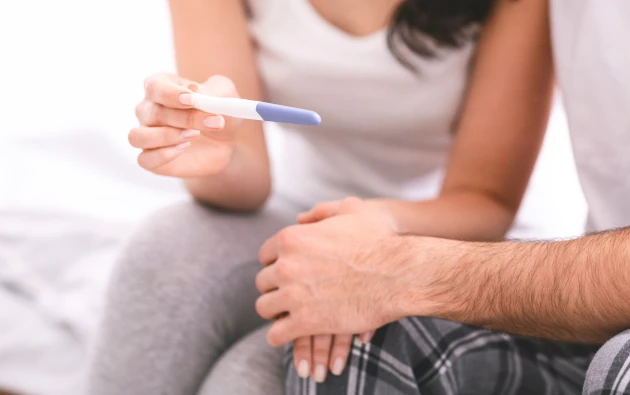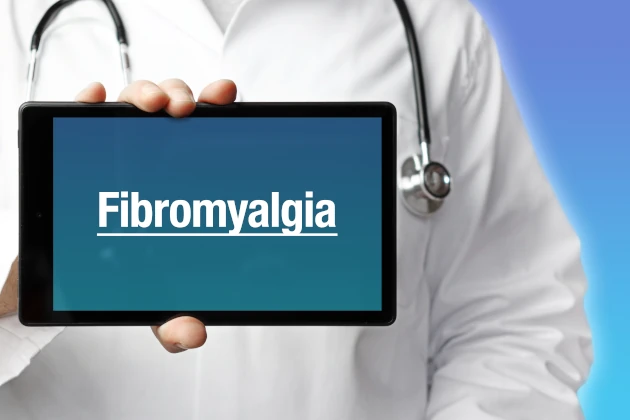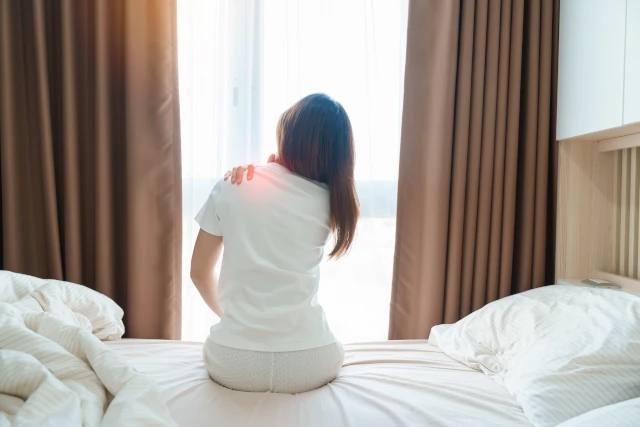
Joint Popping, Clicking, Tendon Sliding, and Crepitus: Your Joints and Tendons Voice
- Dr. Sonali Bansal (MPT)
Connect with our expert physiotherapist for personalized physiotherapy advice.
Introduction
Do your joints make popping, clicking, or grinding noises when you move? Have you ever felt a snap under your skin or heard a crackling sound, especially in your knees, shoulders, or hips? These sensations — known as joint popping, clicking, tendon sliding, and crepitus — are very common and often harmless.
In this guide, we will explain what causes these joint and tendon noises, what they reveal about your body, when they may signal a problem, and how you can protect your joints for the long term.
Why Do Joints Pop, Click, or Grind?
- Cavitation (Gas Release): Small bubbles of gas can form in your joint fluid. When you move, the pressure changes and the bubbles collapse, causing a popping sound.
- Ligament or Tendon Movement: Tendons or ligaments can shift position slightly during joint motion, sometimes snapping over bone and producing a click or snap.
- Crepitus (Crackling or Grinding): Crepitus refers to a crackling, crunching, or grinding sensation under the skin, often felt or heard during movement. It can be due to gas bubbles, rough joint surfaces (from conditions like osteoarthritis), or tissue movement.
- Cartilage Damage: Worn-out or damaged cartilage can create friction between bones, leading to grinding or clicking sounds, especially in the knees or hips.
- Joint Instability: Weakness in supporting muscles or ligaments can lead to abnormal joint motion, resulting in clicking, popping, or grinding.
What Is Tendon Sliding and Clicking?
Tendons connect muscles to bones and are responsible for smooth, controlled movements. However, sometimes tendons move over bony surfaces or other soft tissues, leading to audible or palpable clicks.
Common Sites for Tendon Sliding and Clicking:
- Shoulders: Biceps tendon slipping out of its groove or scapular muscles rubbing over the ribs (snapping scapula).
- Knees: Iliotibial (IT) band snapping over the outside of the knee.
- Hips: Snapping hip syndrome, where tendons glide over hip bones.
- Ankles: Tendons moving around ankle bones when walking or running.
This sliding or snapping sensation is usually harmless but can become uncomfortable if tendons become irritated or inflamed.
Understanding Crepitus: Should You Be Concerned?
Crepitus is the medical term for the crunching, crackling, or grinding sound you may hear during joint movement. It can occur:
- When gas bubbles inside a joint collapse harmlessly.
- Due to uneven cartilage surfaces rubbing together.
- In inflamed tissues after injury or overuse.
When Crepitus Is Normal:
- No associated pain.
- Happens occasionally during movement.
- Improves with gentle motion or warm-up.
When Crepitus Needs Attention:
- It is accompanied by pain, swelling, or stiffness.
- Your joint feels unstable or locks during movement.
- Symptoms progressively worsen.
Key Tip: ➡️ If you feel grinding combined with pain, catching, or loss of function, seek professional evaluation.
When Popping, Clicking, or Crepitus Signals a Problem
Occasional noises without pain are usually harmless. However, if you experience any of the following, it is best to consult a healthcare professional:
- Persistent or painful joint clicking
- Joint locking, giving way, or instability
- Swelling, redness, or heat in the joint
- Limited range of motion
- A sudden injury followed by joint noises and discomfort
How to Protect Your Joints and Tendons
- Strengthen Surrounding Muscles: Building strength in muscles around joints improves stability and reduces abnormal movement.
- Improve Flexibility: Regular stretching prevents tendons from becoming overly tight, reducing friction and snapping sensations.
- Warm Up and Cool Down: Always warm up before exercising to lubricate joints and prepare tendons for movement.
- Maintain Good Posture: Proper alignment reduces uneven forces on joints and tendons, minimizing stress and abnormal movements.
- Stay Active, But Smart: Movement promotes healthy cartilage and tendon gliding. Avoid repetitive overuse activities without adequate rest.
- Listen to Your Body: If a certain movement causes pain or abnormal noises consistently, modify or avoid that motion and seek advice.
Conclusion
Joint popping, clicking, tendon sliding, and crepitus are common experiences that usually are not a cause for concern — especially when they occur without pain. These noises often reflect normal joint mechanics, tendon movement, or simple gas bubble shifts.
However, persistent, painful, or progressively worsening sounds may signal underlying issues like cartilage damage, tendon irritation, or joint instability. In these cases, early assessment and targeted treatment can prevent more serious problems.
Take care of your joints now to enjoy smooth, pain-free movement for years to come!
External Link Suggestion:
Connect with our expert physiotherapist for personalized physiotherapy advice.



